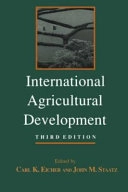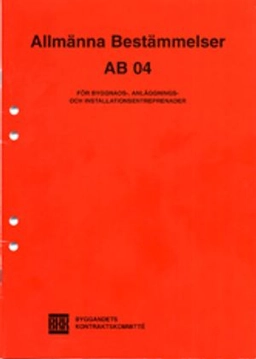

International agricultural developmentUpplaga 3
- Upplaga: 3e upplagan
- Utgiven: 1998
- ISBN: 9780801858789
- Sidor: 632 st
- Förlag: Johns Hopkins University Press
- Format: Häftad
- Språk: Engelska
Om boken
Åtkomstkoder och digitalt tilläggsmaterial garanteras inte med begagnade böcker
Mer om International agricultural development (1998)
1998 släpptes boken International agricultural development skriven av Carl K. Eicher, John M. Staatz. Det är den 3e upplagan av kursboken. Den är skriven på engelska och består av 632 sidor. Förlaget bakom boken är Johns Hopkins University Press.
Köp boken International agricultural development på Studentapan och spara pengar.
Referera till International agricultural development (Upplaga 3)
Harvard
Oxford
APA
Vancouver



















